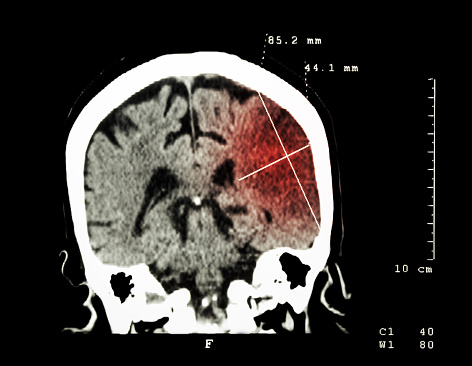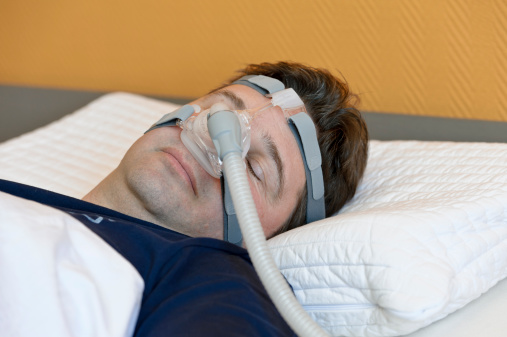High stress activity in the brain may indicate heart attack, stroke risk in future
High stress activity in the brain may indicate a future risk of heart attack and stroke, according to new research. Ahmed Tawakol of Massachusetts General Hospital coauthored the recent study, which found that those with a higher level of activity in the stress center of the brain showed evidence of arterial inflammation—a leading cause of ...click here to read more














